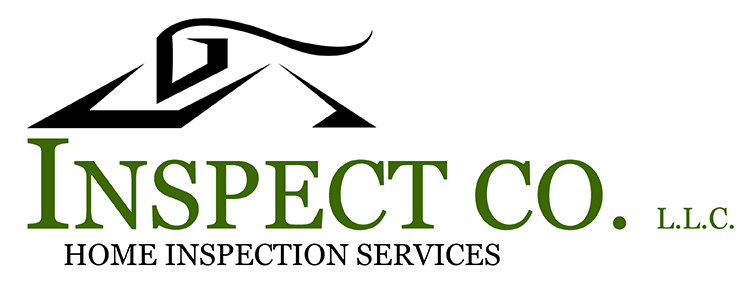Buying a home is exciting, but hidden problems could turn that excitement into unexpected expenses without a professional inspection. While skipping steps to speed up the process or save on upfront costs is tempting; however, skipping a home inspection could be a costly mistake. A home inspection saves you money by revealing what’s happening behind the walls, on the roof, and beneath the surface so you can make informed decisions before committing to the purchase. Understanding a property’s condition before closing protects your wallet and provides peace of mind.
How a Home Inspection Saves You Money on Repairs
One of the most immediate ways a home inspection saves money is by identifying potential repairs early. Even well-maintained homes could hide problems like roof leaks, faulty wiring, plumbing issues, or structural damage. By catching these issues during an inspection, buyers may be able to negotiate repairs or price reductions with the seller before finalizing the sale. Without this insight, homeowners may face unexpected repair costs soon after moving in, often at a far higher expense than the inspection itself.
Avoiding Long-Term Financial Pitfalls
A home inspection doesn’t just spotlight immediate repairs, it also helps buyers avoid long-term financial pitfalls. For instance, older HVAC systems, water heaters nearing the end of their lifespan, or subtle foundation issues will be expensive to replace or fix. By uncovering these concerns early, buyers can factor these costs into their budget or reconsider a purchase if the risks are too high. Essentially, a home inspection can prevent surprise expenses that could strain your finances years down the line.
Protecting Against Safety Hazards
While finances are important, safety is just as critical. Sometimes issues found during a home inspection are safety concerns, including mold, carbon monoxide risks, outdated electrical systems, and structural weaknesses. Addressing these hazards promptly not only protects your family but also helps avoid costly legal or medical consequences. A home inspection gives you the knowledge to prioritize and mitigate safety risks before they escalate.
Negotiating Power Comes From Knowledge
One of the most underrated ways a home inspection saves you money is by providing negotiation leverage. Armed with a professional home inspection report detailing concerns and potential repairs, buyers can request that the seller fix problems, offer credits, or adjust the sale price. Without an inspection, buyers are often in the dark and may overpay for a home with hidden issues. By investing in an inspection upfront, buyers will make smarter financial decisions and potentially save thousands.
Planning Your Budget Wisely
Even if a home seems flawless at first glance, small imperfections inevitably arise. A home inspection offers a detailed roadmap of the property’s condition, allowing buyers to plan for future maintenance costs. From routine servicing to major upgrades, knowing what lies ahead lets buyers allocate funds wisely rather than scrambling to cover unexpected expenses. A home inspection saves you money by giving clarity and control over your financial planning, helping you prepare for both immediate and long-term needs.
How a Home Inspection Saves You Money Beyond Repairs
One of the most valuable benefits of a home inspection is the peace of mind it provides. Buying a home without a professional evaluation is risky, leaving buyers unsure of what they’re truly investing in. A thorough home inspection alleviates these concerns, confirming the home’s strengths and revealing weaknesses before they become costly surprises. Knowing the real condition of your potential home allows you to proceed confidently, making the investment less stressful and financially safer.
FAQs How a Home Inspection Saves You Money
How much does a home inspection typically cost?
Home inspections generally range from $350 to $600, depending on the property size and location. Considering the potential savings from avoided repairs and negotiation opportunities, this cost is a small investment in comparison.
Will a home inspection uncover every problem?
While home inspectors are thorough, some issues may be hidden or not easily detectable without invasive methods. However, inspections still provide a comprehensive overview of the home’s condition, highlighting the most critical concerns.
When should I schedule a home inspection?
It’s best to schedule a home inspection after your offer is accepted but before closing. This timing allows you to negotiate repairs or price adjustments based on the inspector’s findings.
Are inspections necessary for new homes?
Absolutely. Even newly built homes could have construction defects, incomplete work, or issues with materials. An inspection guarantees everything is up to standard before you move in.
How does a home inspection save me money in the long run?
By identifying repairs, safety hazards, and maintenance needs early, inspections prevent costly surprises and provide leverage for financial negotiations, ultimately protecting your investment.
Inspect Co. LLC offers home inspections in North and South Carolina. Contact us to request our services.

